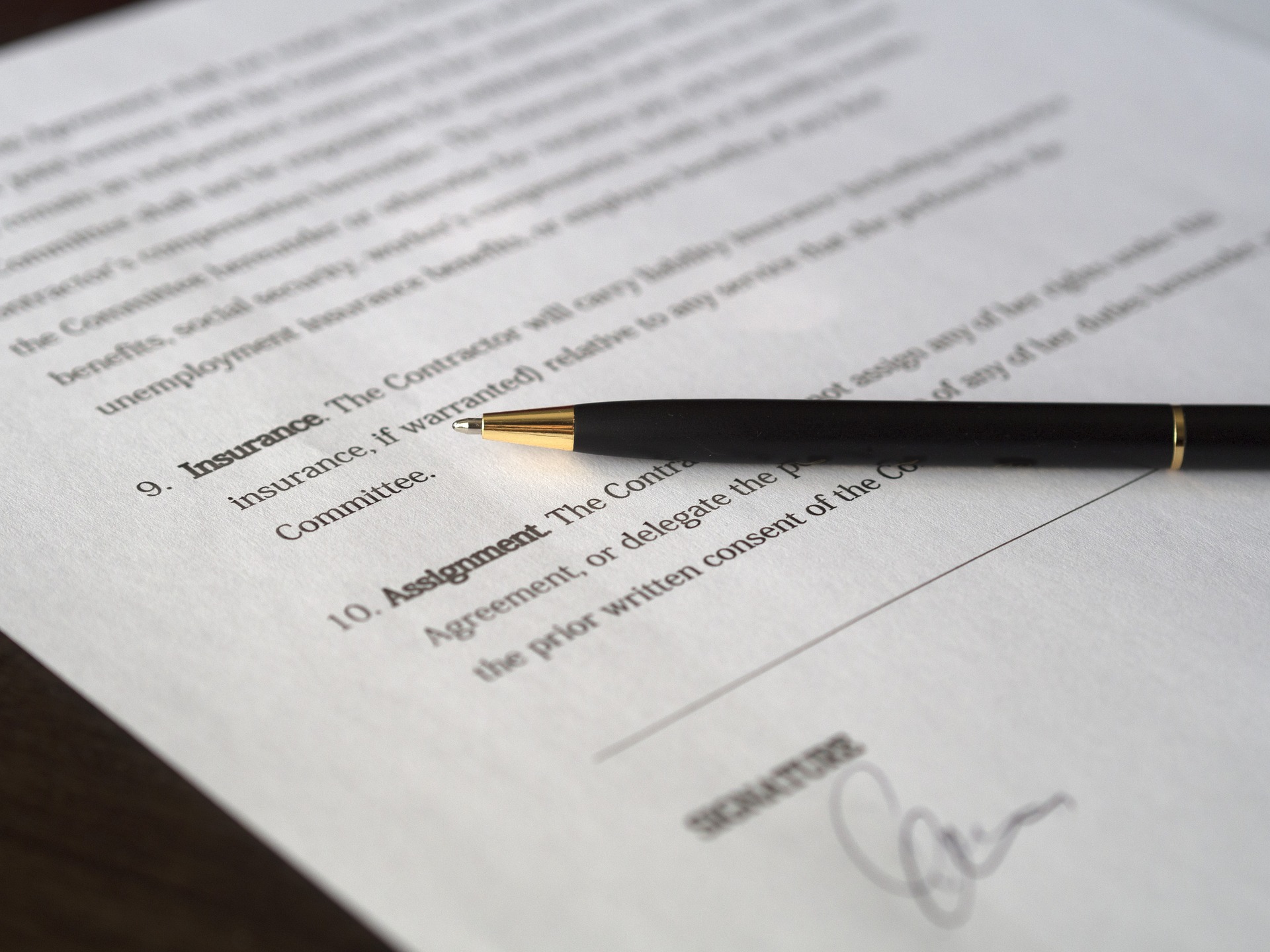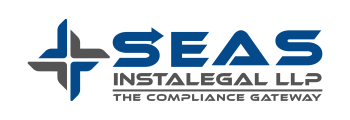Trademark Registration
It is a one stop solution for all kind of Registration or Compliance Requirement.
Our Services
Trademark Registration
A trademark is a distinctive sign or symbol, such as a word, phrase, logo, symbol, or design, that identifies and distinguishes the goods or services of one business from those of another. In other words, a trademark is a legal protection that helps consumers identify and distinguish the source of a particular product or service.
A trademark provides its owner with exclusive rights to use the mark in connection with the goods or services it represents and to prevent others from using a similar mark that could cause confusion among consumers.


Success Project
+
0
%
Documents Required for Trademark Registration
Proof of Applicant: PAN Card and Address Proof of Applicant. Certificate of registration (other than an Individual applicant).
Brand Name and Logo: The logo must contain the Brand Name to be applied to register a Trademark.
Power of Attorney to authorize for Filling of Application: Power of Attorney to authorize the TM attorney to file trademark application in form TM-48 is required.
MSME/Start-up Recognition: Partnership firm, body corporates can provide a certificate of registration under MSME or Start-up India scheme to avail 50% rebate on the Government fee.
What we offer
Benefits of Trademark Registration:
Legal Protection
Trademark registration provides legal protection to the owner of the mark by giving them exclusive rights to use the mark in connection with their goods or services. This can help prevent others from using a similar mark that could cause confusion among consumers and dilute the value of the owner's brand.
Brand recognition
Trademarks can help businesses build brand recognition and reputation by providing a unique identity that consumers can associate with their products or services. This can help create a loyal customer base and increase the overall value of the business.
Competitive advantage
Trademarks can provide businesses with a competitive advantage by helping them differentiate their products or services from those of their competitors. This can be especially important in crowded marketplaces where there are many similar products or services available.
Licensing and franchising
Trademark registration can help businesses license or franchise their brand, allowing them to expand their operations and generate additional revenue streams.
Product differentiation
Registering a trademark can help businesses differentiate their products or services from those of their competitors. By having a registered trademark, a business can prevent others from using a similar mark or branding, which can help build brand recognition and create a loyal customer base. Additionally, a registered trademark is valid for the entire class of goods or services it represents, which can make it easier for customers to identify and distinguish the business's products from those of its competitors.
Creation of an asset
Trademark registration can also create an asset for a business. A registered trademark is a valuable intellectual property asset that can increase in value over time as the business grows and the brand becomes more established. A registered trademark can be bought, sold, or licensed like any other property, and can generate revenue for the business through licensing agreements or franchising.
Frequently Ask Question
A trademark is a unique symbol, word, phrase, design, or combination of these elements that is used to identify and distinguish the goods or services of one company from those of others.
Any individual person, company, trust, NGO, or government agency that uses a unique symbol, word, phrase, design, or combination of these elements to identify and distinguish their goods or services from those of others can apply for trademark registration.
Registering your trademark provides legal protection and exclusive rights to use the trademark in connection with the goods or services for which it is registered. It also helps to prevent others from using similar or identical trademarks that could cause confusion among consumers.
Any unique symbol, word, phrase, design, or combination of these elements that is used to identify and distinguish the goods or services of one entity or individual from those of others can be trademarked.
A trademark search is a crucial step in the trademark registration process. Its main purpose is to ensure that the proposed trademark is not already registered or being used by another party. This is important because a trademark that is too similar to an existing trademark can lead to confusion and potential legal disputes.
Once you have filed a trademark application and received an acknowledgment receipt from the relevant trademark office, you can start using the (TM) symbol to indicate that you are claiming rights to the mark.
The ® symbol is used to indicate that a trademark is registered with the relevant trademark office. You can use the ® symbol only after your trademark has been registered with the appropriate government agency.
Yes, you can apply for trademark registration even if you have not yet started selling the product yet.
Yes, It is possible to register a trademark for a domain name.
Changing your trademark after registration can be difficult and may require a new trademark application. It is important to choose your trademark carefully and ensure that it accurately represents your brand and is not too similar to existing trademarks.
Yes, it is possible to sell a trademark. Trademarks, like other types of intellectual property, are considered assets and can be bought and sold like any other asset. If you own a registered trademark, you have the exclusive right to use that trademark in connection with the goods or services covered by the registration.
